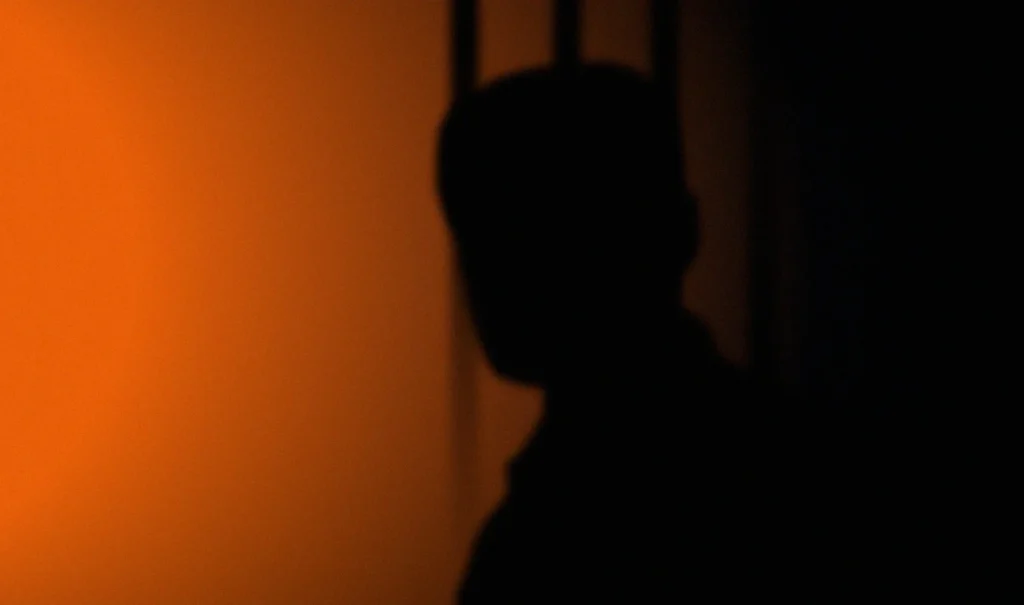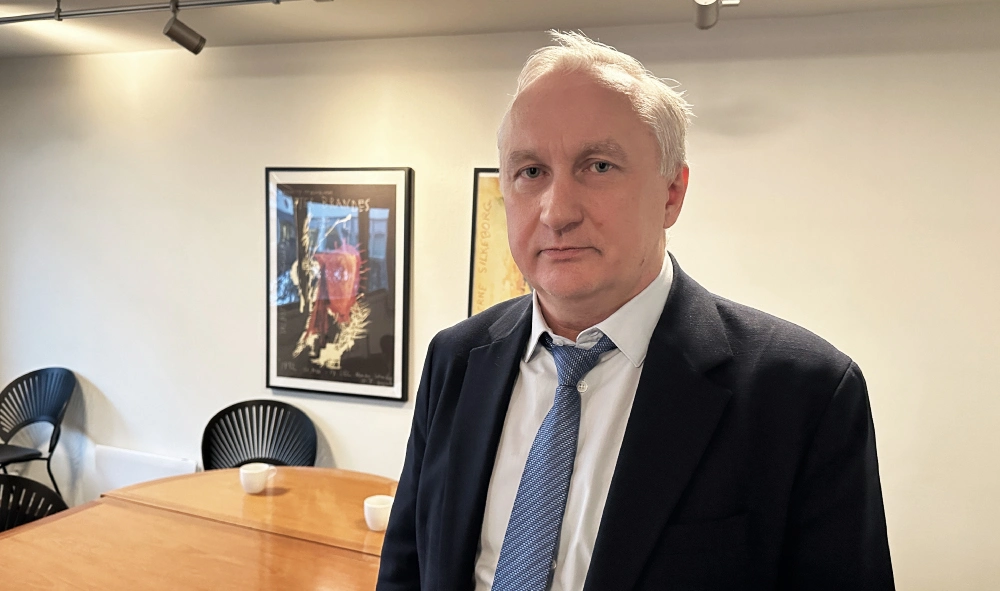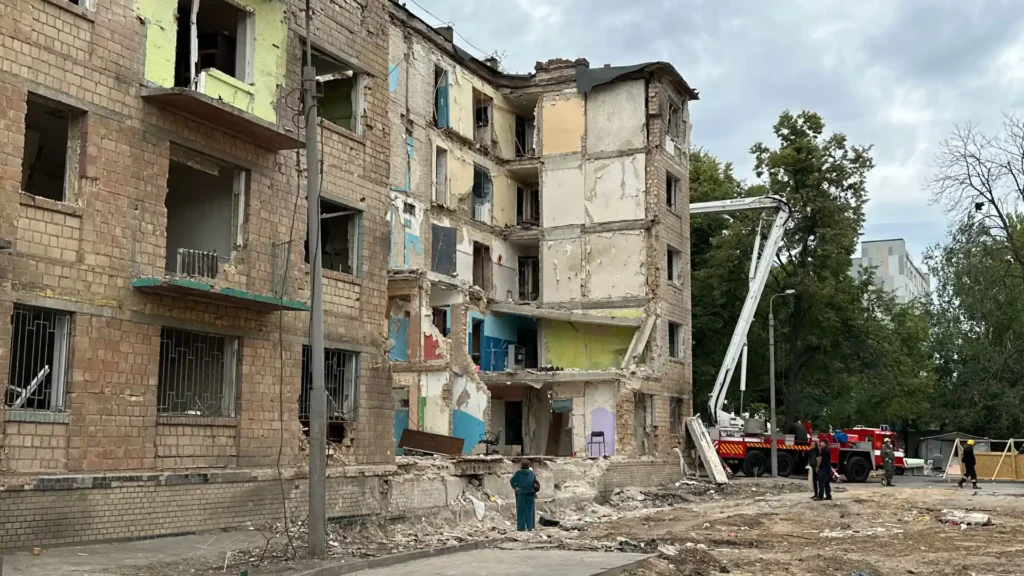Prison Insider published this on November 16, 2023.
The increase in detained Palestinians in Israeli prisons since 7th October has reportedly resulted in overcrowding, deprivation of medical treatment, and restriction of drinking water and food. NGO and media reports also document violent and degrading arrests
By Maha Aon, Senior Public Health Advisor and Marie Brasholt, Medical Director, DIGNITY – Danish Institute Against Torture
Physicians for Human Rights Israel, the Public Committee against Torture in Israel (PCATI) and other Israeli non-governmental organizations (NGOs) issued a Call to Israeli authorities in relation to detained Palestinians following what they dubbed “dramatic increase in human rights violations”.
In parallel, Addameer, an NGO working with Palestinians in Israeli prisons and detention, issued a report about the developments since October 7th as well as a joint Appeal with other NGOs.
The documents outline a veritable catalog of violations that, if verified, can amount to ill-treatment and/or torture.
Deprivation of basic hygiene
Israeli and Palestinian NGOs both report that detained Palestinians are facing restriction and deprivation of medical treatment. Denying detained persons medical treatment causes unnecessary suffering, may worsen their health situation further complicating treatment and compromising the outcome, as well as increasing the risk of untreated infections being passed on to others in a closed setting.
Reported restrictions on access to hygiene services such as laundry, running water and change of clothing poses a health risk for individuals, their cell mates and persons working in detention by increasing the risk of infections such as scabies and other skin diseases. Deprivation of basic hygiene is also a form of humiliation.
Palestinians in Israeli prisons and detention are now also reportedly facing restriction of drinking water and food which has direct medical and psychological consequences that we outline here and here.
Untreated dehydration may lead to potentially irreversible organ dysfunction. The symptoms of food restriction depend on the nutrient deficit, duration, and victim’s health, among other factors. Long-term food deprivation can potentially affect all body organs. Both food and water restriction may be experienced as a direct threat to a person’s life, a form of mental suffering.
Overcrowding
The dramatic increase in the number of detained Palestinians in Israel has reportedly resulted in the overcrowding in cells holding Palestinians in Israeli detention.
Prison overcrowding is associated with a range of health consequences as we outline here, including increased risk of infectious diseases, such as tuberculosis and COVID-19. Overcrowding is also associated with hostility and increased violence in prisons.
The detention of a person begins with their arrest, and that too must occur with respect for a person’s human rights and dignity.
NGO and media reports document the violent and degrading arrest of Palestinians by Israeli forces who, in some cases, videoed the incident. Recordings demonstrate several disturbing practices: forced nudity and beatings of persons while they are blindfolded and restrained.
Forced nudity may be a form of sexual torture resulting in humiliation and other psychological impact. The victim’s nudity further increases the risk of injury from beatings.
Beatings while blindfolded and restrained increases anxiety and fear and prevents the victim from taking a defensive response thereby potentially increasing the risk of injury and pain.
Blindfolding is a form of sensory deprivation which has both physical and psychological effects such as perceptual distortions and anxiety. Further exacerbating the consequences of such violent arrest is verbal threats of rape, murder and harm to family members.
In the long term, all the situations described may lead to the survivor suffering from mental health consequences like anxiety, depression, and Post-Traumatic Stress Disorder (PTSD).
Finally, Israeli and Palestinian NGOs have reported the death in custody of four men shortly after their arrest, Mr. Arafat Hamdan (25), Mr. Omar Daraghmeh (58), Mr. Majid Ahmed Zaqool (23) and a fourth person who has not been named. The bodies of the deceased have yet to be handed to their families and autopsy reports have not been released.
Cause for alarm
Persons in prison are deprived of many pleasures and basics of life, but they still enjoy all their human rights.
The United Nations Standard Minimum Rules for the Treatment of Prisoners (the Mandela Rules) set forth the most basic conditions that should be in place wherever persons are held.
This applies to all detained person whether they have received a sentence or not, whether in times of peace or war.
The health of detained persons is thoroughly covered in the Mandela Rules through a broad range of standards including personal hygiene, clothing, food, discipline, work, health-care services, and so on.
The UN Basic Principles for the Treatment of Prisoners further outline the right to health while the World Medical Association Declaration of Tokyo on Guidelines for Physicians Concerning Torture and other Cruel, Inhuman or Degrading Treatment or Punishment in Relation to Detention and Imprisonment reiterates physicians’ obligation to provide care to persons in prison.
DIGNITY works to prevent torture and violence and document serious human rights violations. The current developments in Israel and the occupied Palestinian territories are cause for alarm. All detained persons should have full access to medical care, drinking water, food and hygiene resources. Arrests should be lawful, respectful and non-violent, and every effort should be made to avoid overcrowding in detention.





